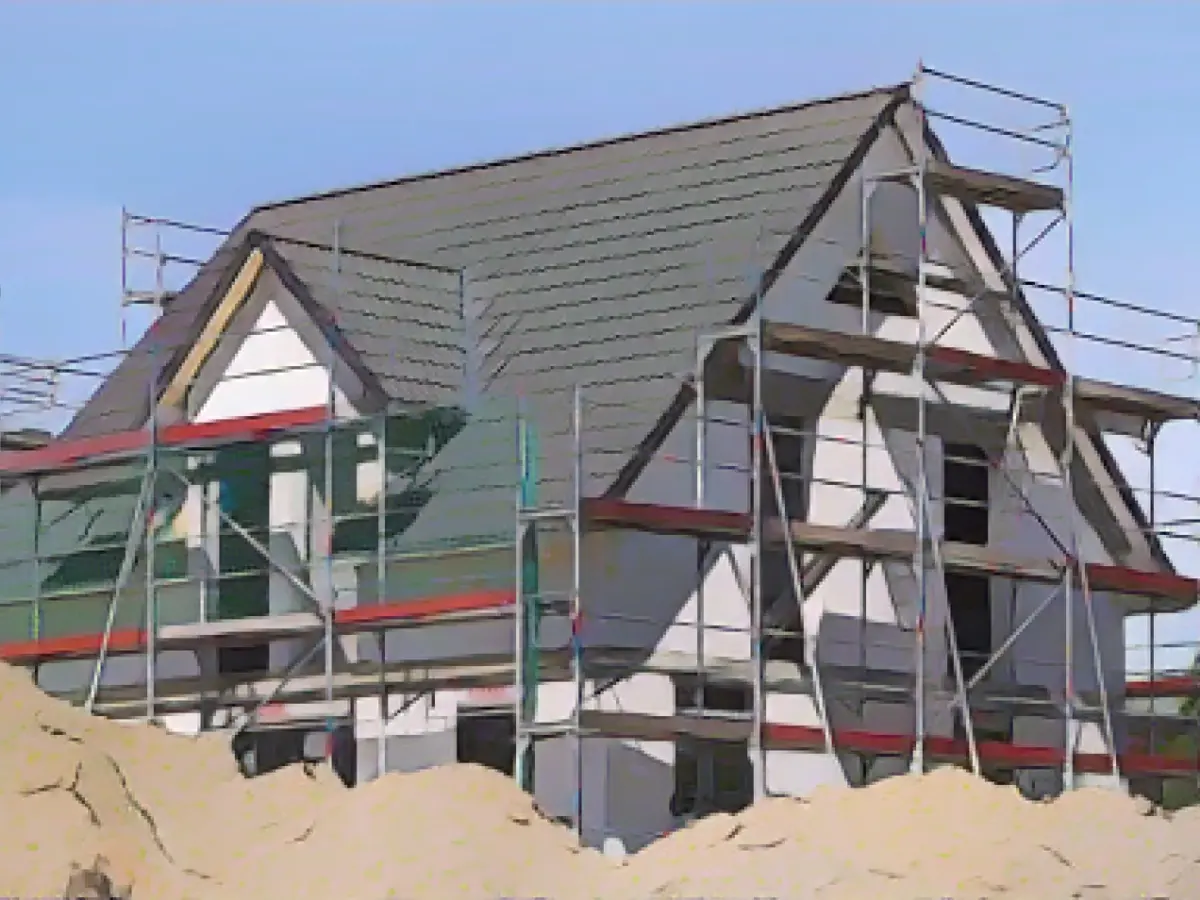Unraveling the Property Tax Debacle in Rhineland-Palatinate - What the recent court decisions mean for property owners
The property tax battle in Rhineland-Palatinate has been simmering for years and has the potential to bog down the judicial system for quite some time. Homeowners across the state have been challenging their property tax assessments, fueled in part by aggressive prompts from property owner associations. Recently, the Rhineland-Palatinate Tax Court, situated in the calm town of Neustadt an der Weinstraße, made a surprising move. In two separate cases (4 V 1295/23 and 4 V 1429/23), the court ruled in favor of the homeowners by suspending their property tax assessments due to "serious doubts about their legality."
This is the first time property owners have won before a state tax court based on claims of improper valuation according to the federal model. The announcement from Neustadt has drawn significant interest in Berlin, primarily within the Chancellery. This is because Rhineland-Palatinate, along with eleven other federal states, employs the federal model for property taxation. The federal model was instituted by the current Federal Chancellor and previous Finance Minister, Olaf Scholz (SPD).
It's important to note that the Neustadt court did not issue a judgement on the overall legality of property tax. This is a task that can only be undertaken by the Federal Fiscal Court, Germany's highest tax court. If the Federal Constitutional Court in Karlsruhe refers a related case to the Federal Fiscal Court, it will ultimately decide on the issue's constitutionality.
Nonetheless, the Neustadt decision is expected to generate considerable attention in Berlin and the Chancellery. The uncertainty in property tax assessments could impact the financial stability of the German economy, particularly amid ongoing discussions about tax reform and debt management.
Valuation Concerns and Controversy
The Rhineland-Palatinate Tax Court expresses concern over the legality of the standard land values used in the property tax calculations. Specifically, there are doubts about whether these values were lawfully determined. The judges have raised "serious concerns" concerning the required independence of the Rhineland-Palatinate expert committees that establish the standard land values. Influence from other parties cannot be ruled out.
Valuation parameters and the structure of the property tax reform are also drawing criticism from tax law experts and lobby organizations such as Haus und Grund and the German Taxpayers' Association. These groups have commissioned research from renowned lawyers like Gregor Kirchhof to support their legal challenges in various federal states.
According to Kirchhof, the federal model for property tax is unlawful. He identifies ten issues, primarily focusing on the problematic nature of the standard land values, which he believes are affected by systematic valuation errors and are not always comparable. The application of the standard land value violates the principle of equality in Germany's constitution, as per Kirchhof's assessment.
However, encounters with experts like Henning Tappe from the University of Trier paint a different picture. Tappe, a renowned public law professor, believes the federal model of property tax is constitutional. While the standardization process goes "quite far," the strict adherence to standardized values may lead to injustices in specific cases, as per Tappe. Nevertheless, Tappe does not think lobby groups and opposition lawyers like Kirchhof advocate for a shift to a different tax model.
Conclusion: Uncertainty and Future Challenges
With differing opinions and the predominant use of the federal model in several countries, property tax assessments remain contentious. Tax offices are tirelessly working through the property tax declarations submitted by property owners, with experts and lobby groups engaging in vibrant debates about the legality and fairness of the tax model.
The municipalities are tasked with adjusting their assessment rates by 2024, potentially leading to revised tax notices for property owners at the end of 2024. Property taxes may be levied as soon as January 1, 2025.
Despite the challenges and debates, the impetus to reform the property tax system and ensure fairness and transparency is more significant than ever before. As the debate continues, the Federal Fiscal Court's gradual input and clarification on the property tax regulatory landscape will be crucial, providing a framework for any future inheritance or tax reform initiatives.








